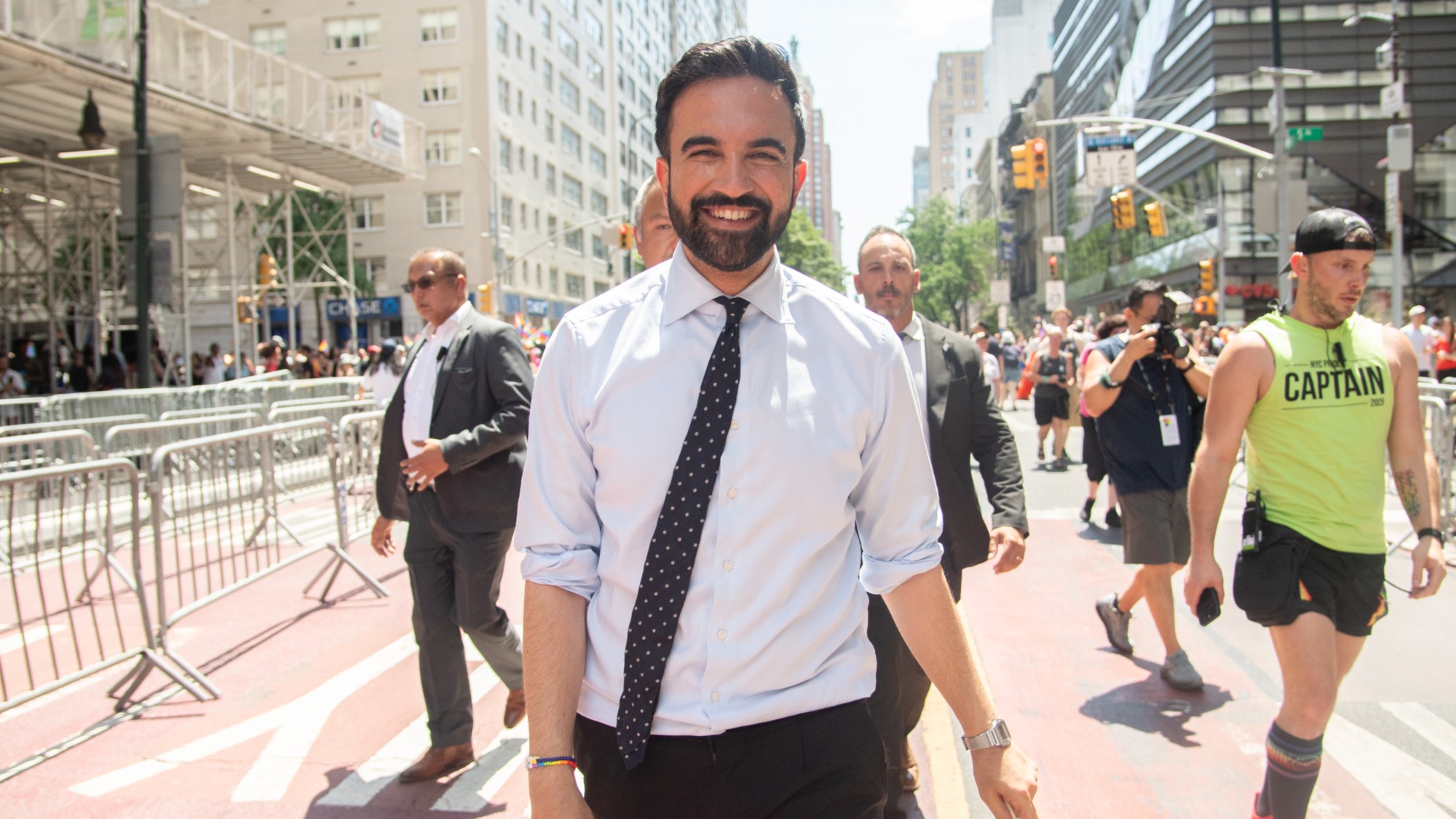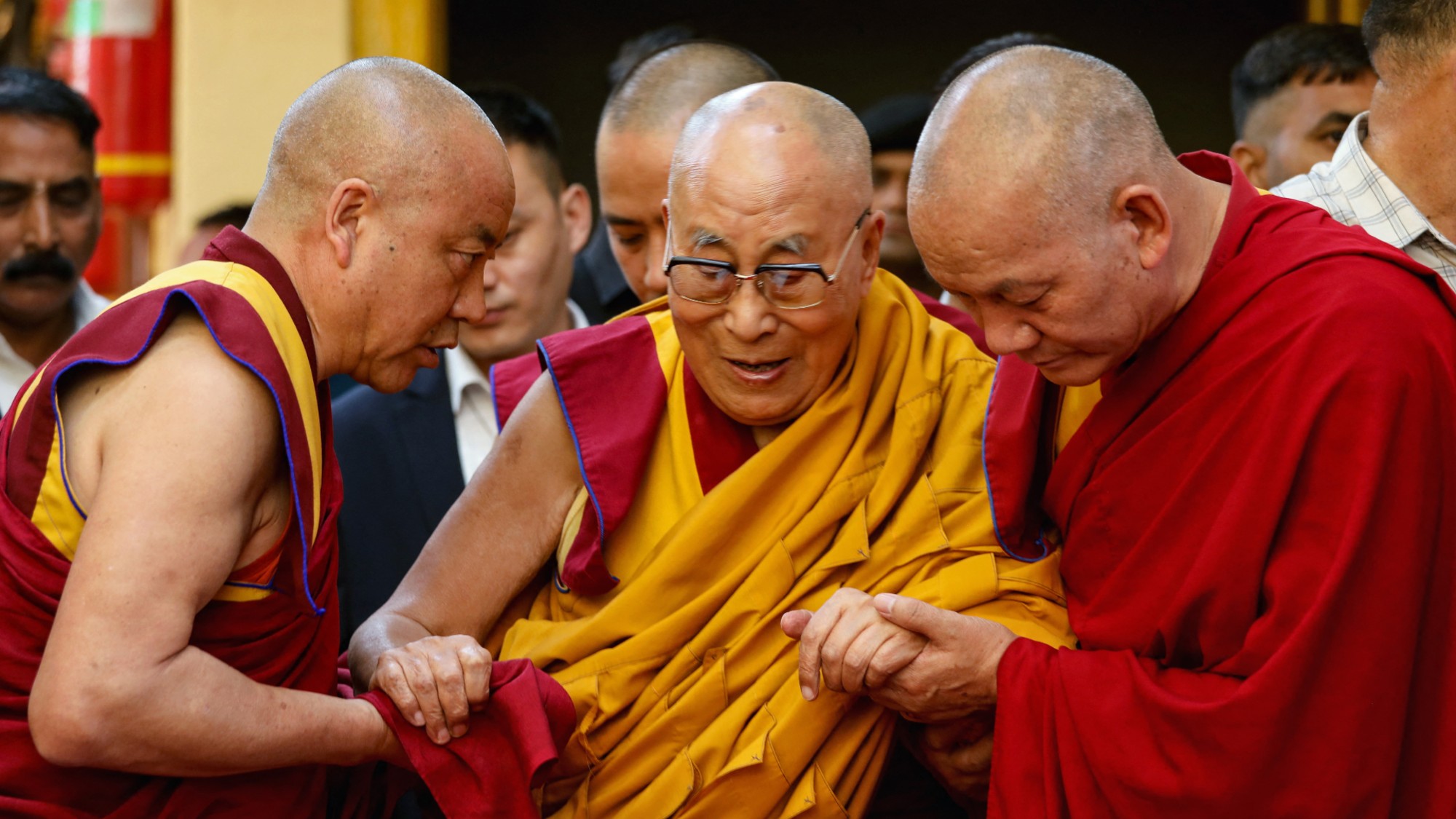2015: The year in recalls
American voters are angry. And their aggressive use of the recall proves it.

The stunning success of Donald Trump and Bernie Sanders in the 2016 presidential race suggests that American voters are very restless, and very displeased with the political status quo. That's certainly true. But it's also nothing new. And perhaps no statistic shows this better than the continuing popularity of recall elections.
For the fifth year in a row, more than 100 officials across the U.S. have either faced an actual recall vote or resigned in the face of such a threat. The use of the recall may in some ways be seen as a product of an empowered, technologically connected, and occasionally enraged electorate. After all, for the better part of the 20th century, the recall was an almost forgotten relic of the Progressive Era. But no more. As we saw in Wisconsin in 2011 and 2012, and Colorado in 2013, recalls have become a major part of the political landscape. And when they get on the ballot, they work. This year, 108 recalls got on the ballot or led to a resignation. Of those 108, 65 officials were ousted, and 15 resigned. Only 28 survived the voters' wrath.
The 2015 recalls were not high-profile, state-level races. While Oregon Gov. John Kitzhaber (D) did resign after recalls were threatened, no governor, as in 2012, or state legislative leader, as in 2011 and 2013, faced a recall vote in 2015. But recalls still played a major policy role. They were featured in one of the most prominent elections in the country, as three members of the Jefferson County, Colorado, school board were tossed out in a November recall vote over their support for charter schools and other conservative policy reforms in education. Spending from both sides for this recall is estimated to have topped $1 million.
Subscribe to The Week
Escape your echo chamber. Get the facts behind the news, plus analysis from multiple perspectives.

Sign up for The Week's Free Newsletters
From our morning news briefing to a weekly Good News Newsletter, get the best of The Week delivered directly to your inbox.
From our morning news briefing to a weekly Good News Newsletter, get the best of The Week delivered directly to your inbox.
Plenty of other recalls and recall threats highlighted contemporary fault lines in American politics. The police shooting of unarmed black teenager Michael Brown in Ferguson, Missouri, led to an attempt to recall the mayor, though the petitioners failed to get enough signatures. The police shooting of Laquan McDonald in Chicago similarly led to a movement to oust Mayor Rahm Emanuel.
Gun control was also a focal point of recall threats in 2015. Four Oregon legislators, including the House majority leader, were threatened with recalls over their support of bills to tighten background checks. The New Jersey state Senate president was also threatened with recalls over the same issue. None of these recalls resulted in a vote, but they did show that gun rights activists are looking to the recall process to maintain their political advantage.
And it wasn't just guns and violence. The legalization and regulation of marijuana facilities resulted in a Columbia, Missouri, councilwoman resigning before she faced a recall vote, and marijuana-focused recalls may yet occur in both Oregon and California. A California law mandating vaccination of children resulted in petitions being taken out against three California state legislators by anti-vaccine supporters. (None of those recalls has reached the ballot yet.) Support for allowing casinos and the handling of stadium issues resulted in the removal of a Glendale, Arizona, councilman. Support for fracking resulted in the mayor of Arcadia, Wisconsin, being removed, and a councilman in Texas faces an upcoming recall over the same subject.
Recalls face constant criticism from elected officials and their supporters, but voters really like them. This year, voters in at least five local jurisdictions cast ballots to adopt recall laws that they can use against their own elected officials. Recall laws aren't just an American phenomena, either. Taiwanese activists have started an "Appendectomy Project" to use recalls against sitting officials; parties in Spain, Canada, Myanmar, and the U.K. are all calling for their countries to adopt recall laws. And after a poor election showing, Venezuela's president may face a recall vote in the coming year.
But here in the U.S., the lesson is clear: Voters are unhappy. And the successes of the recall prove they are willing to show it.
A free daily email with the biggest news stories of the day – and the best features from TheWeek.com
Joshua Spivak is a senior fellow at the Hugh L. Carey Institute for Government Reform at Wagner College in New York, and writes The Recall Elections Blog.
-
 Zohran Mamdani: the young progressive likely to be New York City's next mayor
Zohran Mamdani: the young progressive likely to be New York City's next mayorIn The Spotlight The policies and experience that led to his meteoric rise
-
 The best film reboots of all time
The best film reboots of all timeThe Week Recommends Creativity and imagination are often required to breathe fresh life into old material
-
 'More must be done'
'More must be done'Instant Opinion Opinion, comment and editorials of the day
-
 The last words and final moments of 40 presidents
The last words and final moments of 40 presidentsThe Explainer Some are eloquent quotes worthy of the holders of the highest office in the nation, and others... aren't
-
 The JFK files: the truth at last?
The JFK files: the truth at last?In The Spotlight More than 64,000 previously classified documents relating the 1963 assassination of John F. Kennedy have been released by the Trump administration
-
 'Seriously, not literally': how should the world take Donald Trump?
'Seriously, not literally': how should the world take Donald Trump?Today's big question White House rhetoric and reality look likely to become increasingly blurred
-
 Will Trump's 'madman' strategy pay off?
Will Trump's 'madman' strategy pay off?Today's Big Question Incoming US president likes to seem unpredictable but, this time round, world leaders could be wise to his playbook
-
 Democrats vs. Republicans: who are the billionaires backing?
Democrats vs. Republicans: who are the billionaires backing?The Explainer Younger tech titans join 'boys' club throwing money and support' behind President Trump, while older plutocrats quietly rebuke new administration
-
 US election: where things stand with one week to go
US election: where things stand with one week to goThe Explainer Harris' lead in the polls has been narrowing in Trump's favour, but her campaign remains 'cautiously optimistic'
-
 Is Trump okay?
Is Trump okay?Today's Big Question Former president's mental fitness and alleged cognitive decline firmly back in the spotlight after 'bizarre' town hall event
-
 The life and times of Kamala Harris
The life and times of Kamala HarrisThe Explainer The vice-president is narrowly leading the race to become the next US president. How did she get to where she is now?